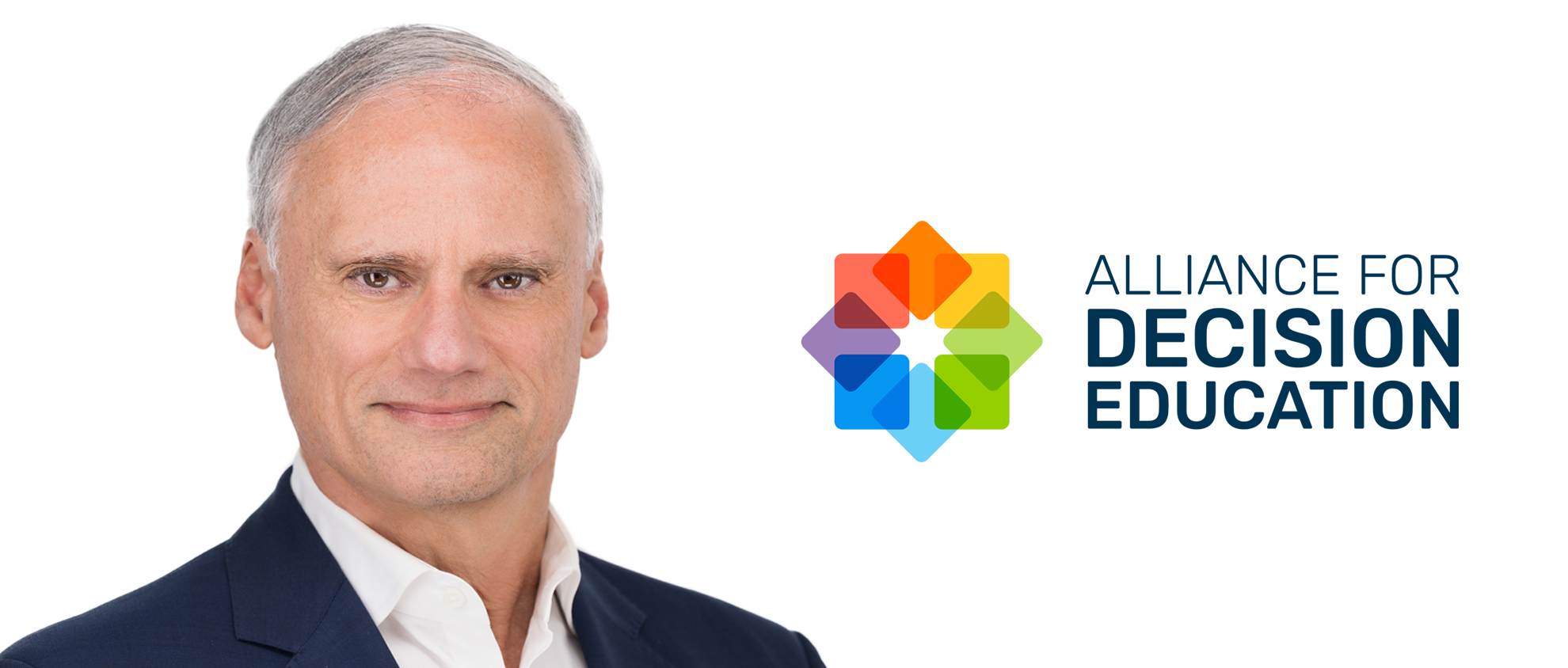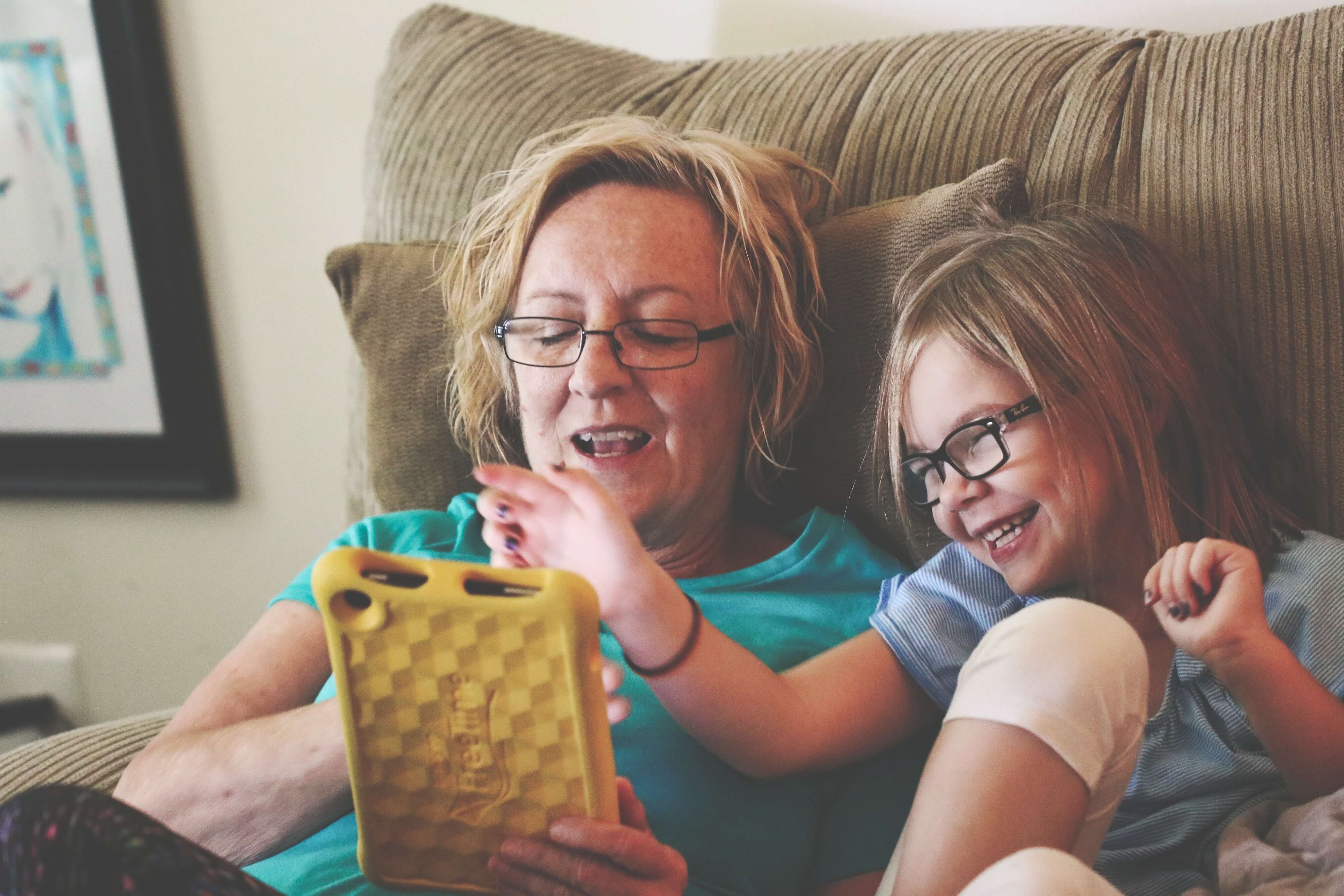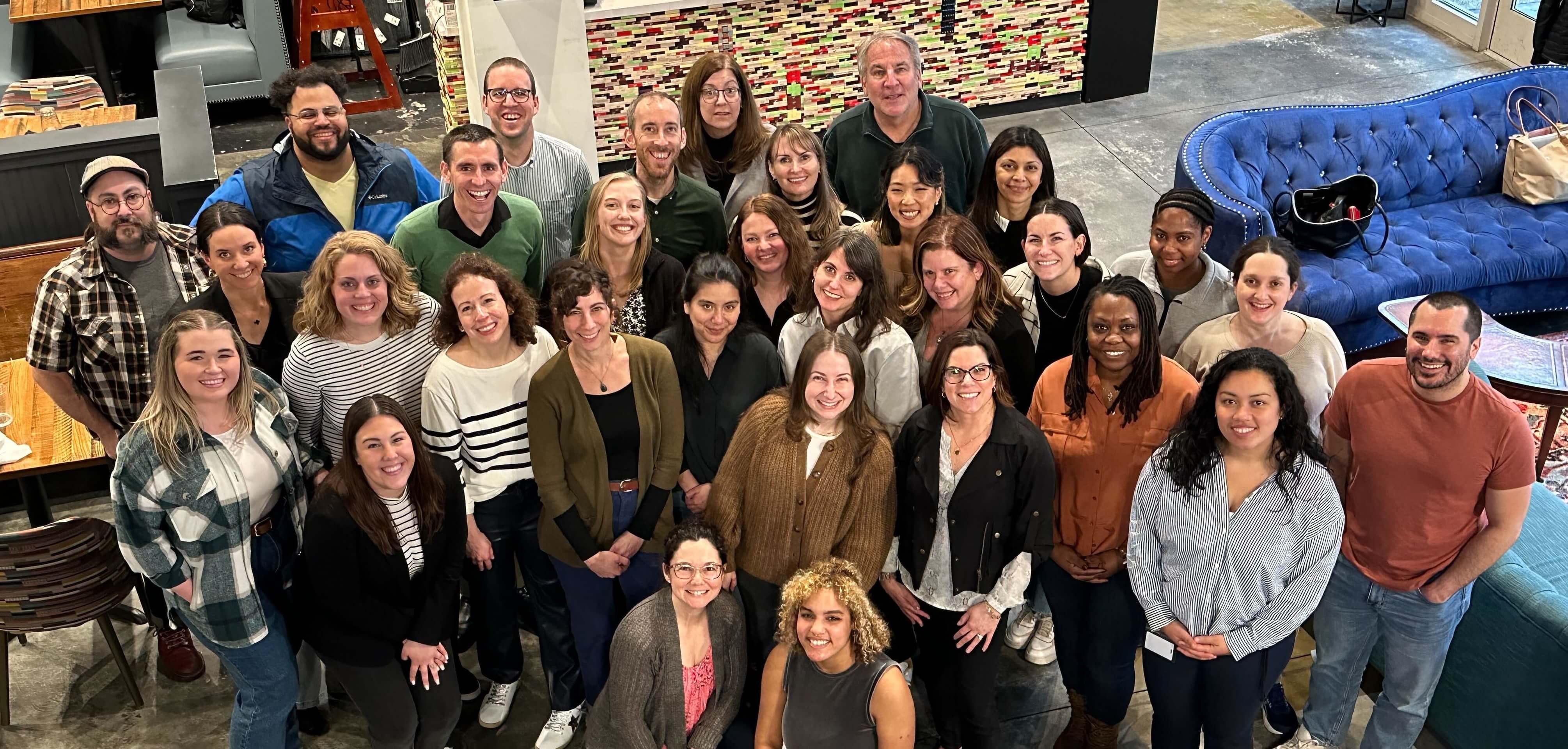Enhancing Decision-Making by Shifting Our Perspective on Self

By Eric Brooks, Alliance Co-Founder and Board Chair
Our desire to see ourselves in a positive light can at times hinder our ability to make the best decisions for the future. Nowhere is this more evident than when we rationalize away new and relevant corrective information to cling to past beliefs. That is why we need to practice disconnection from our past selves, a process that can enhance our decision-making and make updating our beliefs a little easier.
Sustaining a positive self-image can make it difficult to recognize that we often rationalize our behavior with seemingly logical reasons, even if they don’t make sense. Doing so means acknowledging that a “past me” was wrong, which can be difficult to admit.
However, demonstrating intellectual humility, cultivating open-mindedness, and updating our beliefs are crucial ways to improve decision-making.
How then can we admit that we were wrong and still feel good about ourselves?
One approach I’ve adopted in my own life is to attempt to detach my identity from past versions of myself. I try to formalize the separation between my past self and my current self by thinking of them as two different people. In conversations, I find it helps to refer to “past me” when talking about beliefs I used to hold. For example, “past me” used to argue that reading fiction was a waste of time, while “current me” thinks that opinion is ridiculous. This formal separation allows me to process new information more objectively. It also contributes to an improved self-narrative because it gives me the space to say, “The ‘current me’ isn’t wrong—it’s that ‘past me’ that held those erroneous beliefs.”
I also try to actively acknowledge whenever I update my beliefs. Sometimes I take it a step farther by boasting about changing my opinions, especially on matters about which I felt strongly. Doing so helps me develop active open-mindedness because it keeps me on the lookout for new information that could shape my current thoughts and beliefs. And it helps me to cultivate a positive self-image because it gives “current me” an achievement to celebrate: changing my mind.
A similar separation of one’s self can arise when people discuss temporal discounting: the tendency to sacrifice future benefits for immediate gratification, like a “buy now, pay later” attitude toward life. This separation of self values the “current me” over the “future me.” However, what I’m proposing is different. It’s not so much that I’m prioritizing one over the other. I’m just thinking of them as two different people, which gives me the distance to welcome changing my mind.
Similar to practicing yoga, building distance from previous versions of oneself involves continuous practice and constant evolution. While I know that I can never completely rid myself of ego, I can reframe what makes me feel good about myself by commending myself for my updated beliefs rather than lamenting the fact that I was wrong. So, here’s to the continual growth of “current me,” the promise of the “future me,” and the ongoing and rewarding journey of striving toward better decisions.
To learn more about Eric Brooks, visit his bio.

